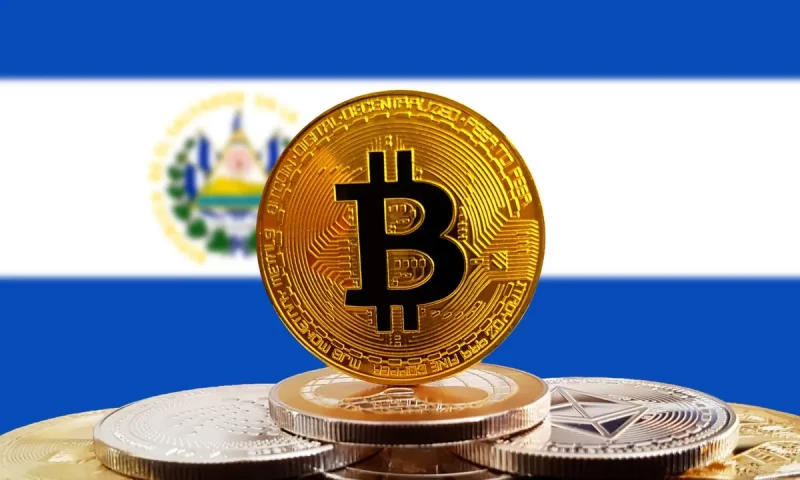El Salvador has once again increased its national Bitcoin reserves, acquiring seven BTC in the past week—even as its $1.4 billion loan deal with the International Monetary Fund (IMF) explicitly prohibits such purchases.
According to the El Salvador Bitcoin Office, the Central American country now holds 6,173 BTC, valued at over $637 million based on current market prices. The latest acquisition underscores El Salvador’s ongoing commitment to Bitcoin, even after officially repealing its legal tender law earlier this year.
IMF Deal Fails to Deter Bukele’s Bitcoin Strategy
In December 2024, El Salvador entered into a major financing agreement with the IMF. As part of the deal, the country agreed to:
- Repeal its Bitcoin legal tender law
- Make Bitcoin payments optional, not mandatory
- Halt the use of public funds for Bitcoin purchases
- Privatize the government-run Chivo Wallet
Despite these commitments, the country’s Bitcoin buying spree has not slowed. In January 2025, lawmakers overwhelmingly repealed the Bitcoin legal tender law. However, BTC acquisitions have continued unabated.
The IMF reiterated its call to suspend Bitcoin purchases in March 2025. Yet, President Nayib Bukele responded defiantly, reaffirming that the nation would not yield to external financial pressure.
“No, it’s not stopping,” Bukele wrote in a March 4 post on X. “If it didn’t stop when the world ostracized us and most ‘Bitcoiners’ abandoned us, it won’t stop now, and it won’t stop in the future.”
A Model for Other Nations?
El Salvador remains one of the only countries actively acquiring Bitcoin on the open market. Some industry experts suggest its approach could serve as a model for other nations exploring crypto as part of their strategic reserves.
By prioritizing Bitcoin accumulation—even at the cost of international financial friction—El Salvador is betting that digital assets will play a key role in the future of sovereign wealth and economic innovation.
